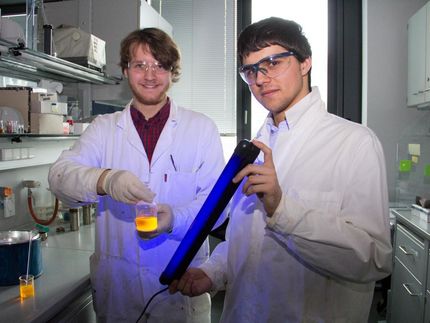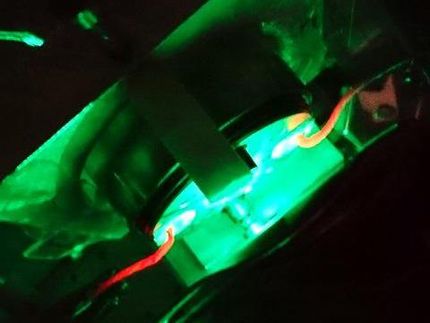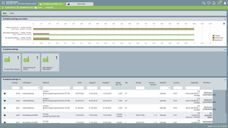Latex plant chooses PlantWeb automation
Fisher-Rosemount will provide instrumentation and design of a batch process for Synthomer's new plant in Malaysia
Advertisement
Fisher-Rosemount, the process management business of Emerson, has recently won a major contract for the instrumentation and design of a batch process for Synthomer's new synthetic latex plant in Malaysia. Fisher-Rosemount's proven PlantWeb field-based architecture will be used, combining the technologies of FOUNDATION fieldbus, intelligent field devices, DeltaV automation systems, and Asset Management to deliver capital and operations savings.
Synthomer, part of Yule Catto & Co plc and one of the world’s largest suppliers of synthetic latex, is investing $25 million (US) in this new plant, including an initial $2.4 million (US) investment in PlantWeb. The plant is being built to service the demand for specialty latex in Southeast Asia, particularly in the glove dipping industry where gloves are manufactured for a wide range of industrial and medical fields.
Fisher-Rosemount has been responsible for the front-end engineering design (FEED) and user requirement specification work for this new plant, and has undertaken the design of the fieldbus segments on the project. Synthomer initially selected FOUNDATION fieldbus technology to deliver significant cost savings in plant wiring, but further savings are now anticipated because of the smaller control room space requirement and the shorter commissioning time needed. Production is scheduled to start in January 2002.
The DeltaV automation system will be used for primary control of the process and execution of the many batch recipes initially required. The latest version of DeltaV, issue 5.3, includes the Advanced Batch Software Suite and Campaign Manager features which are important for this plant. This release also includes the Remote Access Server, which will allow the Synthomer engineering team at Stallingborough, England, to access and monitor the DeltaV system, once it is installed in Malaysia, in the same way as they would monitor a local site.
The initial order will include 266 Fisher-Rosemount FOUNDATION fieldbus devices. These intelligent devices, which offer embedded diagnostics and other advanced capabilities, include Micro Motion Coriolis flowmeters; Rosemount vortex and electromagnetic flowmeters; Rosemount pressure, level and temperature transmitters; Fisher FIELDVUE® Digital Valve Controllers and high-performance control valves; and Hytork actuated valves.
By standardizing on the proven PlantWeb architecture and the DeltaV automation system as a single window interface to their process and equipment, Synthomer anticipates considerable cost savings in configuration support, maintenance, operation and production. These operational savings are possible through the use of Asset Management Solutions (AMS) software, which enables the plant administrators to configure, monitor, diagnose and calibrate all the remote instruments and valves, using the embedded intelligence and networked power of the architecture’s FOUNDATION fieldbus devices.
Fisher-Rosemount, a part of Emerson, is a leading supplier of process management products and solutions, including control valves, regulators, transmitters, analyzers, and process management systems. Its innovative, proven PlantWeb field-based architecture combines intelligent field devices, open standards and automation systems, and modular software to deliver revolutionary results — including lower installation and maintenance costs, reduced process variability, improved process availability, and streamlined regulatory compliance.
St. Louis-based Emerson (NYSE:EMR) is a global leader in bringing technology and engineering together to provide innovative solutions to customers in process management; industrial automation; heating, ventilating, and air conditioning; electronics and telecommunications; and appliances and tools. Sales in fiscal 2000 were $15.5 billion.




























































